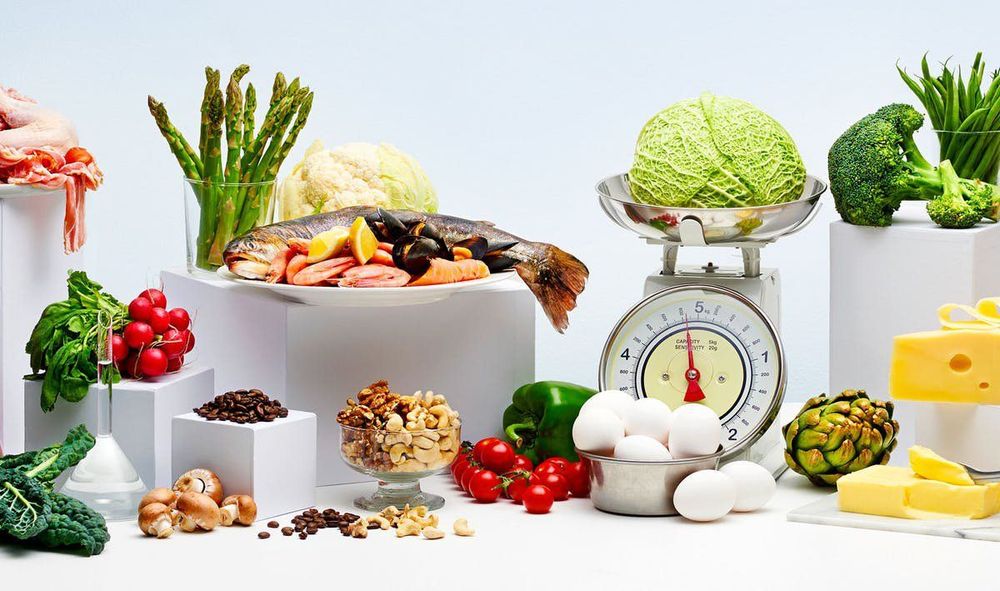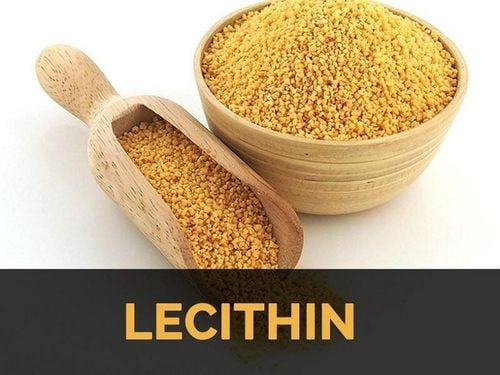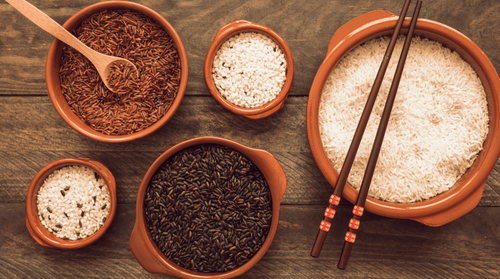This is an automatically translated article.
The article was professionally consulted with Specialist Doctor II Le Thanh Cam - Pediatrician - Pediatrics - Neonatology - Vinmec Danang International General Hospital.1. What is Choline?
Choline is a water-soluble organic compound that, although not a vitamin or a mineral, is often ranked with the B vitamins because of their similar structures and functions. Choline is an essential nutrient for normal body functions such as liver function, brain development, muscle movement, metabolism and central nervous system activities.
2. The effect of choline on the body
The functions of choline in the body can be mentioned as:Cell structure function: choline will participate in the creation of fat and support the structural integrity of cell membranes Send signals to cells: choline participates in the production of substances that activate the signals sent to the cells. Fat transport and metabolism: the process of transporting cholesterol from the liver requires choline to create the necessary mediators, the Choline deficiency can lead to fat and cholesterol accumulation in the liver DNA synthesis: Choline and other types of vitamin B12, folate supports a very important part in DNA synthesis Participates in the central nervous system: Choline is essential Necessary to make Acetylcholine - an important neurotransmitter used for memory, muscle movement, heart rate regulation and other basic functions of the body Special attention must be paid to the role of choline for children children when memory is made up of the activity of more than 1 billion neurons connected by neurotransmitters The most important one is Acetylcholine.
To synthesize Acetylcholine, choline is required, so choline has the effect of enhancing neurotransmitter function. Furthermore, choline is a source of methyl radicals for the formation of lipoproteins, an important neurotransmitter involved in the center of information storage and muscle control. With the above roles, choline deficiency will significantly affect the ability of children.

3. Choline needs of the body according to age
As mentioned, getting choline from the daily diet is important to maintain adequate choline levels for the body. Recommended choline intake for each age group is as follows:Under 1 year old: 125-150 mg/day 1-3 years old: 200 mg/day 4-8 years old: 250 mg/day 9-13 years old: 375 mg/day 14-18 years old: 400 mg/day (female) and 550 mg/day (male) Pregnant women: 450 mg/day Lactating women: 450 mg/day.

4. Subjects at risk of choline deficiency
Choline deficiency is quite rare, often seen in certain groups of people including:Long-distance runners Alcohol users Menopause women: because the hormone estrogen that supports choline production in the body decreases. increases the risk of choline deficiency Pregnant women: increased choline requirements during pregnancy put this group at risk of choline deficiency. Choline-rich food sources that can be used to supplement daily choline include liver, caviar, soybeans, cauliflower and broccoli.
Please dial HOTLINE for more information or register for an appointment HERE. Download MyVinmec app to make appointments faster and to manage your bookings easily.














